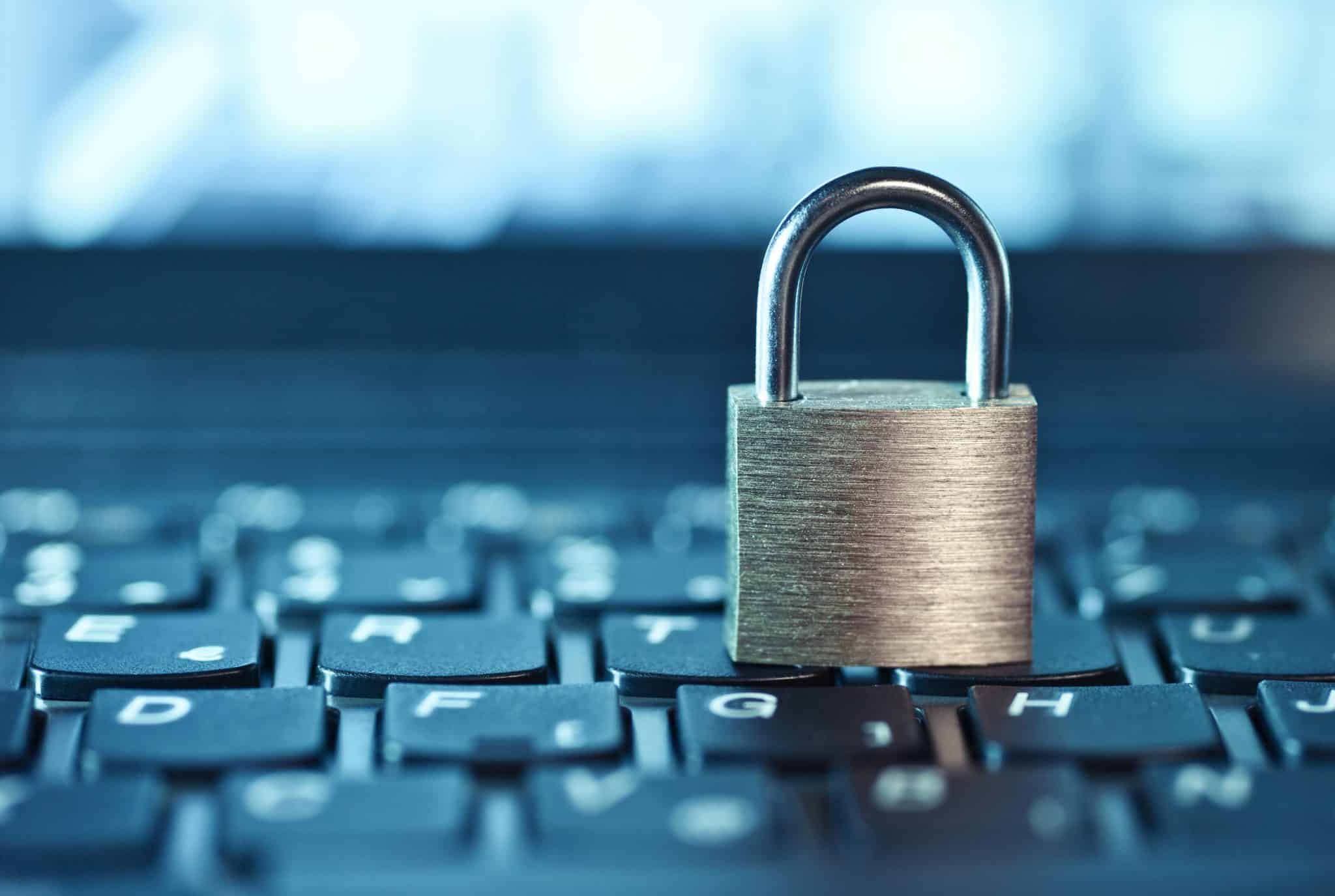Data Security for Your Dental Practice
In modern-day dental practices, you will find technology in use practically everywhere. Where earlier you would have found computers being used for billing and appointment scheduling, today you have digital dentistry. This means patients (including children) have a lot more at stake if there is a cyber-attack on the dental practice. Sensitive records and data can be ‘stolen’ by hackers unless you have the correct checks in place.
Use these tips to safeguard your dental practice and put your patient’s concerns about data privacy at ease:
The importance of data security
Substantial personal data is collected by a dental clinic when a patient walks in for treatment. This includes ID validations, ID numbers, income, blood type, medical history, and also insurance records. All of it can be misused to the patient’s detriment, and if it is, the patient can sue you.
Prioritizing data security is critical for you, and so is ensuring that an experienced dental IT company takes care of it. A dental IT support specialist is well aware of the specific regulations you must comply with and also how exactly to achieve that goal. An IT company not familiar with the PHIPA (Personal Health Information Protection Act, 2004) guidelines may give you general network security but need to catch up on the official requirements. This leaves you open to investigation by the privacy commission. Remember that, under PHIPA, willful offenders may be fined up to $50,000 and organizations guilty of the same up to $250,000.
The dental IT support services include anti-virus installation and management, periodic security audits, and emergency response during a security breach. All of it, in conjunction, safeguards patient records from unauthorized access.
Data recovery
Unsecured data is highly vulnerable to ransomware attacks. Hackers can hold your data hostage until you pay up, and until then, your practice is disrupted. Protecting your data from such attacks and recovering data in such an event is a crucial responsibility of your dental IT support specialist.
Another priority is to have data backup procedures in place for system crashes. You cannot afford to lose all patient data at any point in time. Backup and recovery are also essential here, and your dental IT support services also address these aspects.
Having a pre-planned recovery strategy is invaluable. This cuts short the time taken for your dental practice to recover from a data loss and resume business quickly. The responsibility for formulating such a plan and training your staff rests on you and your dental IT company.
Improving data security
Apart from hiring an experienced dental IT support specialist, there are a few things you can do.
Train your staff to avoid human error—secure access points with strong authentications. Use high-end encryption diligently across devices that transmit patient data. Also, get cyber liability insurance.
Your dental practice must comply with PHIPA regulations that govern how you collect, utilize and disclose patient health records. Confidentiality and privacy protection are of paramount importance. Suppose there is an event of a data breach; you could potentially face not just penalties for flouting regulations but also lawsuits from the patients. Hiring a dental IT support specialist who understands the laws you must comply with and has a good grasp of the operations is your safest bet to hedge these risks.




